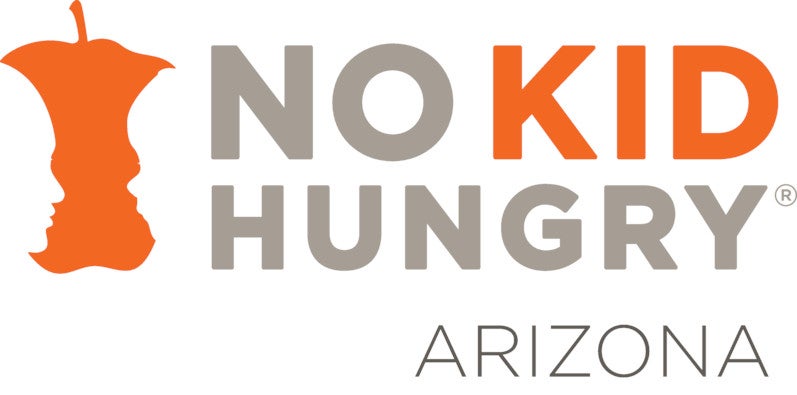Over the last year, our team has built strategic partnerships with organizations committed to creating equitable and just communities. As part of these efforts, we teamed up and funded a new survey with the Protecting Immigrant Families (PIF) coalition on the impact of the harmful public charge policy on immigrant families. The goal was to gain a deeper understanding of the barriers keeping immigrant families from accessing programs that help feed, house and care for their children. As suspected, the findings validate that repealing the harsh changes to the public charge rule was a great first step, but it’s not enough.
The majority of immigrant families are unaware of the policy’s reversal and remain confused and afraid to access the programs that help feed, house and care for their children. Nearly half of the immigrant families that needed help during the pandemic, didn’t apply due to immigration concerns.
We are pleased to share the findings of this new study through a micro-report that can be found in our bilingual blog:
English: New Report Shows that Fear in Immigrant Communities Kept Children from Getting the Food They Needed
We have seen strong media interest in the report, including a story in the Los Angeles Times EN ESPAÑOL.
For low-income immigrant families and their children, the pandemic, together with the previous administration’s changes to the public charge rule became a double whammy, widening pre-pandemic hunger disparities. Low-income parents faced two impossible choices: Forgo services like food or medical care or live in fear that their families will not be able to stay together. For context,1 in 4 United States children live with at least one immigrant parent.
This research will help inform our culturally responsive outreach strategies with trusted partners, like UnidosUS and others in immigrant communities. These survey results will also be foundational to our advocacy efforts with policymakers and USDA to mount outreach campaigns to help mitigate the lingering effects of the public charge rule, which undermines an equitable recovery.
Thanks for your support of this important work.


